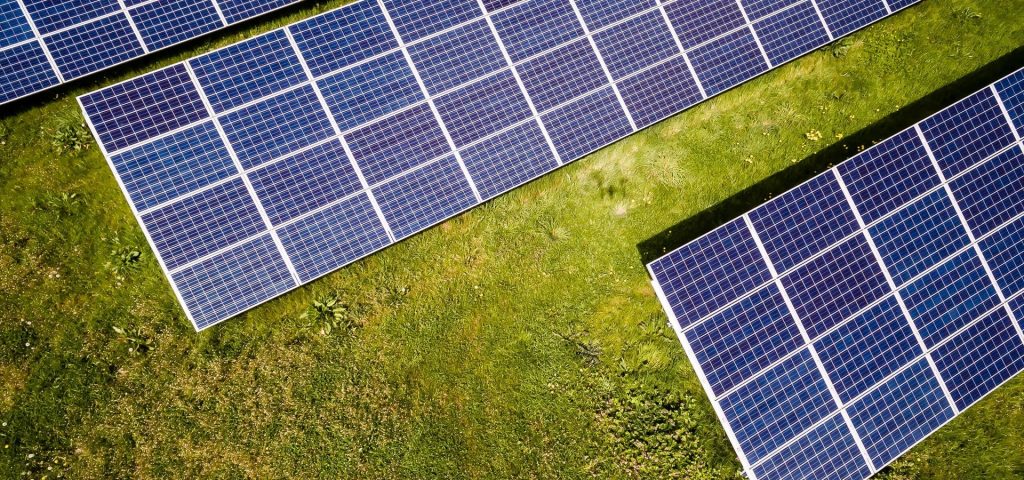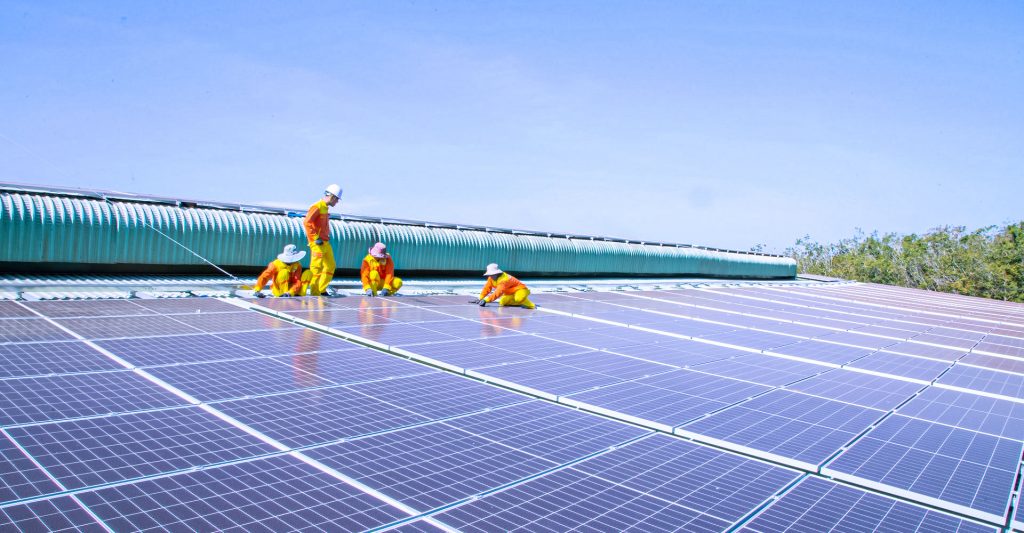The concept of going off-grid with solar energy is becoming increasingly popular as people strive to reduce their carbon footprints. Phoenix, Arizona, provides an ideal environment for this type of endeavor due to its ample sunshine and warm weather throughout the year. This article examines whether it is possible to go completely off-grid in the city by relying solely on solar power. It will discuss the available options for harnessing solar energy in Phoenix and explore factors that may influence one’s decision regarding transitioning away from traditional sources of electricity. Finally, it will consider potential benefits and drawbacks associated with utilizing a renewable resource such as solar energy.
Definition Of Off-Grid Living
Off-grid living is a lifestyle that involves no connection to public utilities such as electricity, water, and sewer systems. It is sometimes referred to as self-sustaining or autonomous living due to the reliance on renewable energy sources for power. This type of lifestyle requires individuals to generate their own resources through solar, wind, hydroelectricity, biomass fuels, or some combination of these and other technologies. The goal is usually to reduce dependence on utility companies while at the same time becoming more eco-friendly by utilizing clean energy options.
In order to achieve off-grid living in Phoenix, Arizona, an individual must first have access to enough sunlight year round to effectively use solar panels. Additionally, they would need to install a battery system capable of storing excess energy generated during sunny days for use when there are fewer hours of daylight available. To complete their setup they may also need additional devices such as inverters and charge controllers depending on specific needs. With the right equipment in place it is possible for anyone looking to go off-grid with solar in Phoenix to do so successfully.
Solar Panel Technology
Solar panels are becoming increasingly popular as an off-grid energy source. Solar panel technology is a renewable and sustainable way to generate electricity without any reliance on the traditional grid infrastructure. They convert sunlight into electricity, which can then be stored in batteries for later use. The solar cells used in solar panel systems consist of semiconductor materials that absorb light and create electrical currents when exposed to sunshine. Photovoltaic (PV) cells collect the energy from the sun’s rays and convert it into direct current (DC) power or alternating current (AC). This type of power generation requires no fuel sources, making it clean and cost effective compared to other forms of energy production.
The primary benefit of using solar panels for off-grid living is their ability to store excess electricity produced during peak times such as sunny days. As long as there is adequate sunlight available, these systems can provide enough power to meet daily needs without having to connect to the electric grid. Additionally, they require minimal maintenance since they have no moving parts and do not need regular servicing like traditional generators or other forms of alternative energy systems. Furthermore, because they don’t produce emissions, they are considered environmentally friendly solutions for homes looking to reduce their carbon footprint.
Advantages Of Going Off-Grid
Going off-grid with solar in Phoenix is a viable option due to the city’s abundance of sunshine. Solar energy can provide reliable and sustainable power, replacing or supplementing electricity from the grid. In addition, it offers several advantages over traditional sources of energy such as coal and natural gas. One advantage of using solar energy is that it is renewable; sunlight will always be available for use. This means that no matter how much energy is consumed, there will never be any shortage of resources. Furthermore, solar panels also require little maintenance and are typically durable enough to last for many years without needing repairs or replacements. Additionally, installing solar panels eliminates the need for long transmission lines which can cause disruption to local ecosystems, making them an environmentally friendly source of power. Moreover, harnessing clean energy through photovoltaic cells does not produce emissions or pollutants like fossil fuels do, thus reducing air pollution significantly. Finally, going off-grid with solar in Phoenix may result in reduced monthly bills since homeowners would no longer have to pay for electricity supplied by utility companies.
Disadvantages Of Going Off-Grid
While there are numerous advantages to going off-grid with solar energy, it is important to also consider the disadvantages. One of the primary drawbacks is cost. Installing a solar power system may require an upfront investment of tens of thousands of dollars that many individuals and families cannot afford. Additionally, despite tax incentives in some areas, ongoing maintenance costs can be expensive. Depending on the size of the system, repairs or replacements may become necessary if components fail due to age or weather damage.
In addition to potential financial burdens associated with going off-grid, another disadvantage is storage capacity. Even when using batteries for storing excess electricity generated by photovoltaic panels, users might still need access to grid-connected electrical outlets during peak usage times and other instances when their battery reserves run low. Furthermore, depending on regional regulations, homeowners who choose to go off-grid might have difficulty selling any surplus electricity they generate back into the utility grid–a moneymaking option available in certain states.
Phoenix Solar Availability And Regulations
Phoenix is a great location for individuals interested in going off-grid with solar. The city has an abundance of sunny days throughout the year, making it easy to generate power from photovoltaic (PV) systems. Additionally, Phoenix residents have access to favorable regulations that make solar installation easier and more cost-effective.
Net metering policies allow homeowners to send excess electricity generated by their PV system back into the grid, allowing them to receive credits on their energy bill. Furthermore, Arizona state law requires public utilities to provide interconnection services so they can connect their PV systems to the grid safely and reliably. Finally, many local municipalities offer rebates and incentives for installing solar panels. These programs help cover some of the costs associated with purchasing and installing a PV system in Phoenix, providing another financial incentive for those wanting to go off-grid with solar energy.
Cost To Go Off-Grid In Phoenix
The cost of going off-grid with solar in Phoenix depends on the size and complexity of the system, as well as materials used. Typically, a basic residential system for an average Phoenix home will start at around $20,000 to install. Depending on various factors such as energy needs and available space on your property, this number can go up significantly. The installation cost is generally only part of the total expense; there are also additional costs associated with components like batteries and inverters that must be taken into account when planning a solar off grid system.
Additionally, maintenance costs should also be considered over time, in order to ensure that everything remains functional and efficient. Furthermore, city regulations may impact what kind of permits or approvals you need before starting construction on your off-grid solar project. As such, it is important to research local ordinances thoroughly prior to taking any action.
How To Get Started With Going Off-Grid In Phoenix
Going off-grid with solar in Phoenix is a viable option for those wanting to become more energy independent. There are several steps that should be taken in order to make the transition from being grid connected to becoming completely off-grid.
One needs to determine the size of their power requirements and then purchase an appropriate sized system based on this calculation. This will involve calculating the amount of energy required as well as any additional items such as batteries or other storage systems. Secondly, it is important to assess what type of solar panel setup would best suit the individual’s needs and budget. The types available include monocrystalline, polycrystalline, thin film and hybrid panels; each has its own benefits which must be considered before making a decision.
Installation of the chosen system should be carefully planned out taking into account all relevant factors including local regulations and safety considerations. Finally, maintenance plans need to be established in order to ensure continued operation and keep equipment running efficiently over time. With careful planning and implementation these steps can help individuals successfully go off-grid with solar in Phoenix.



